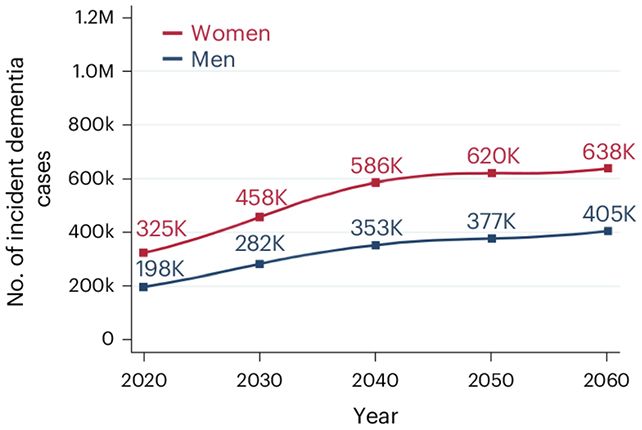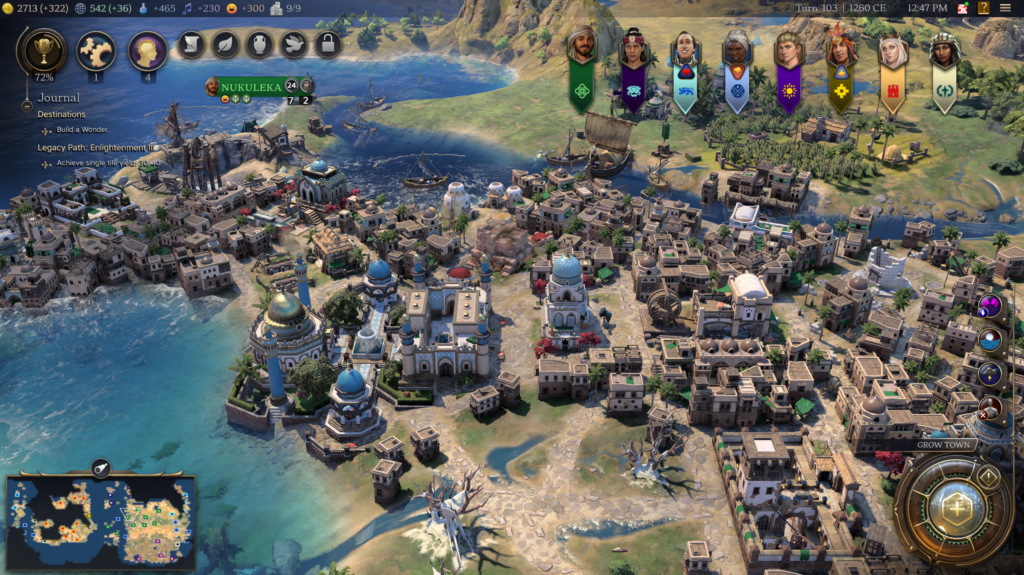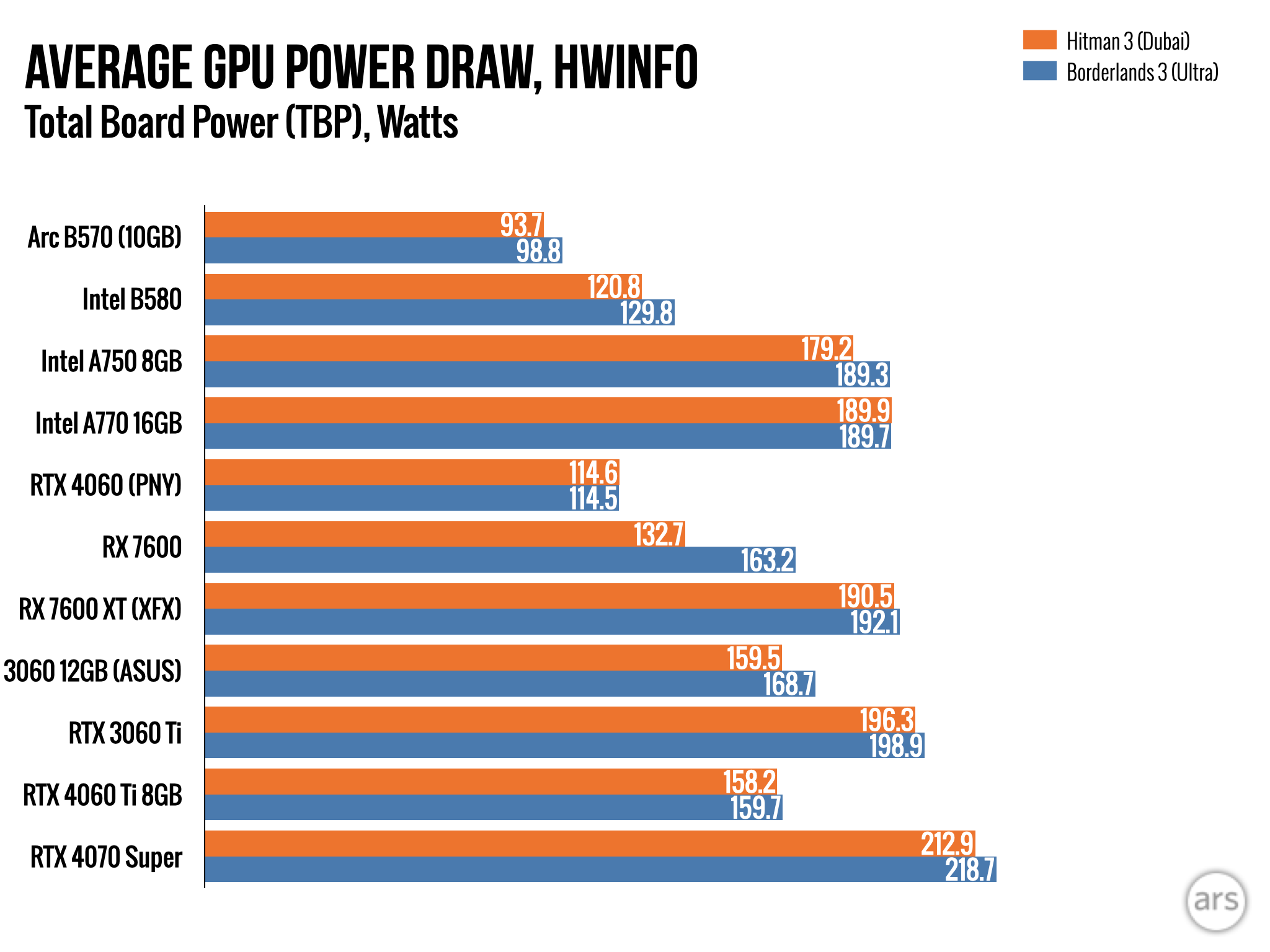
Funafuti, the main island of the nation state of Tuvalu, is seen from a Royal New Zealand airforce C130 aircraft as it approaches the tiny South Pacific nation.
Alastair Grant/AP
hide caption
toggle caption
Alastair Grant/AP

Funafuti, the main island of the nation state of Tuvalu, is seen from a Royal New Zealand airforce C130 aircraft as it approaches the tiny South Pacific nation.
Alastair Grant/AP
SYDNEY — On Friday, voting commenced in the small Pacific island nation of Tuvalu, in a national election that could have significant repercussions from China to Australia. With just over 11,500 people, Tuvalu is one of the smallest nations globally, and the election for the 16-seat parliament was under close scrutiny. After the vote count, the formation of a new government and the election of the prime minister will be determined through parliamentary negotiations. Polls opened at 8 a.m. and were due to close at 4 p.m. Prime Minister Kausea Natano is running for re-election, but even if he secures a seat in parliament, it does not guarantee him the top post. Finance Minister Seve Paeniu is challenging him, and opposition leader Enele Sopoaga hopes to regain the position of prime minister after losing to Natano in the 2019 election.
The elections are taking place against the backdrop of competition for influence in the strategically crucial region by China, the United States, and other countries. Tuvalu, a British colony until 1978, is one of only 12 countries that have official diplomatic relations with Taiwan, the self-governing democratic island that China considers its territory. China has been pushing these Taiwan allies to switch their allegiance. Natano has thus far resisted Beijing’s overtures, but this stance could change following the election. Nauru, another small Pacific nation, recently shifted its support from Taiwan to China. Paeniu has expressed the desire to review Tuvalu’s relationships with both Taiwan and China.
Global warming is also a significant concern as Tuvalu’s low-lying atolls are prone to flooding. Additionally, the proposed security treaty between Tuvalu and Australia could hang in the balance. The treaty obligates Australia to assist Tuvalu in response to major natural disasters, health pandemics, and military aggression. Moreover, the treaty grants Australia veto power over any security or defense-related agreement that Tuvalu seeks to make with any other country, including China. Debate on the treaty has been contentious, and it has yet to be ratified. Sopoaga has stated that he would reject it.














